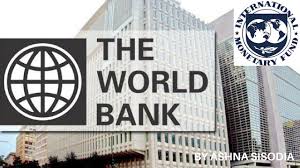The World Bank has released a new Country Policy and Institutional Assessment (CPIA) for Africa – an annual diagnostic tool which measures the quality of policies and institutional frameworks, and their ability to support sustainable growth and poverty reduction.
The report provides scores for 16 criteria for each country and an overall regional score, which informs governments of the impact of the country’s efforts to support favorable growth and poverty reduction.
It also helps determine the size of the World Bank’s IDA concessional lending and grants to low-income Sub-Saharan African countries. Uganda scored an overall rating of 3.6, same as 2016.
The investment portfolio in Uganda is primarily financed from the International Development Association (IDA), which provides interest free “credits” and grants on concessional terms, attracting only an administrative service charge of 0.75 per cent on the disbursed credit amount.
Loan repayments are stretched over 38 years, including a six-year grace period. As of August 2018, the World Bank’s portfolio stood at US $3 billion (IDA credits and grants) in net commitment for 19 national and six regional operations.
Around two-thirds supports sustainable development, including 46 percent for infrastructure development (energy, roads, urban, and information and communications technology (ICT), followed by agriculture (14 per cent), and water (7 per cent). Nearly 30 percent supports human development (health 11 per cent, education 9 per cent, and social protection 7 per cent); and 5 per cent supports the private sector and trade.





